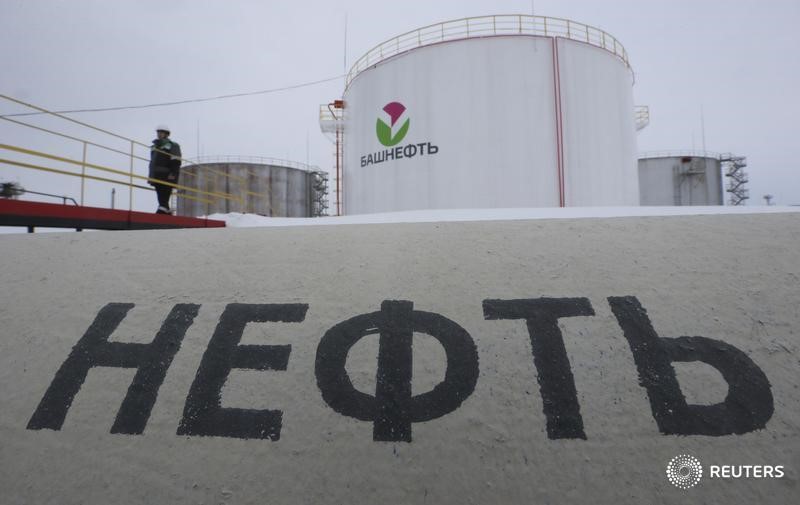(Bloomberg) -- Oil fell after a report pointed to a build in stockpiles and investors backed away from risk assets on concern the U.S. may default.
West Texas Intermediate slumped more than 1% after reversing early gains on Tuesday to end narrowly lower. U.S. crude stockpiles expanded by more than 4 million barrels last week, according to the industry-funded American Petroleum Institute. That would be the first increase in nationwide inventories in eight weeks if confirmed by government data later on Wednesday.
Oil’s setback interrupts a rally underpinned by signs the global market was tightening as demand rebounded from the pandemic, and by strong gains in natural gas. The advance had lifted global crude benchmark Brent above $80 a barrel for the first time in three years, before it too reversed gains Tuesday.
While’s there’s a pause for now, “oil prices will remain supported and elevated,” said Howie Lee, an economist at Oversea-Chinese Banking Corp. in Singapore. “The stocks, especially in the U.S., are still quite tight. If global stocks deplete further, we can see Brent going even higher toward $85.”
During a Senate hearing, Federal Reserve Chair Jerome Powell and Treasury Secretary Janet Yellen both warned that a U.S. default due to a failure to increase the debt ceiling would have catastrophic consequences. Yellen said without action her department will effectively run out of cash around Oct. 18. Global equities and commodities fell as investors turned more cautious.
The gains in energy costs this month have raised concerns among governments, and stoked speculation the Organization Petroleum Exporting Countries and its allies may ease supply curbs at a faster pace. The White House continues to talk to international partners including OPEC on the importance of competitive markets, setting prices and doing more to support the recovery, Press Secretary Jen Psaki said at a briefing on Tuesday.
Stockpiles in the U.S. expanded across the board last week, including crude at the key storage hub in Cushing, Oklahoma, according to people familiar with the API data. Gasoline holdings climbed for a second week, rising by 3.6 million barrels, while distillates inventories gained 2.5 million barrels.
Brent’s prompt timespread narrowed for a third day, suggesting traders are becoming more cautious. The gap between the nearest two contacts fell to 73 cents a barrel in backwardation, down from 86 cents at the end of last week.
©2021 Bloomberg L.P.
